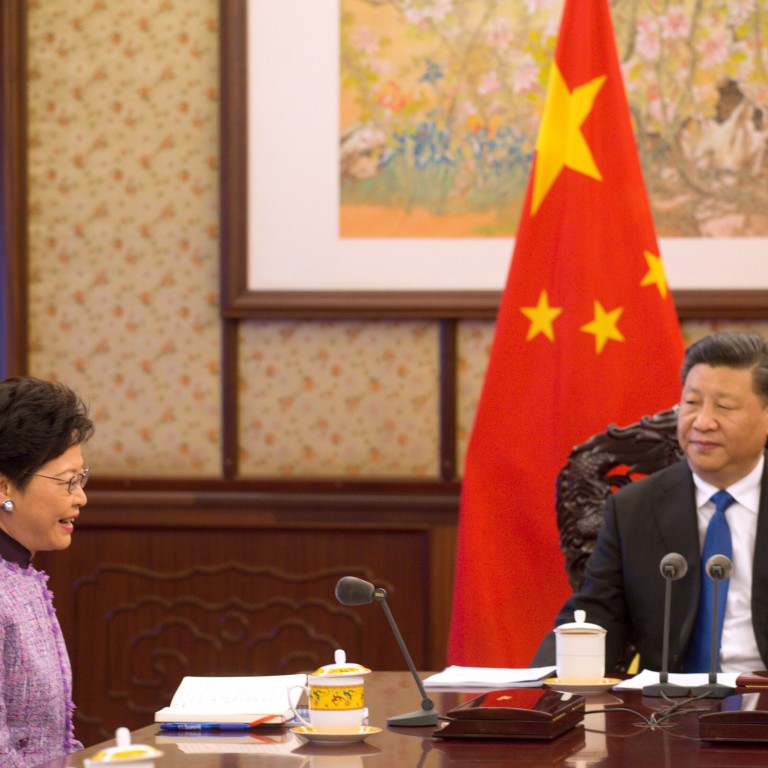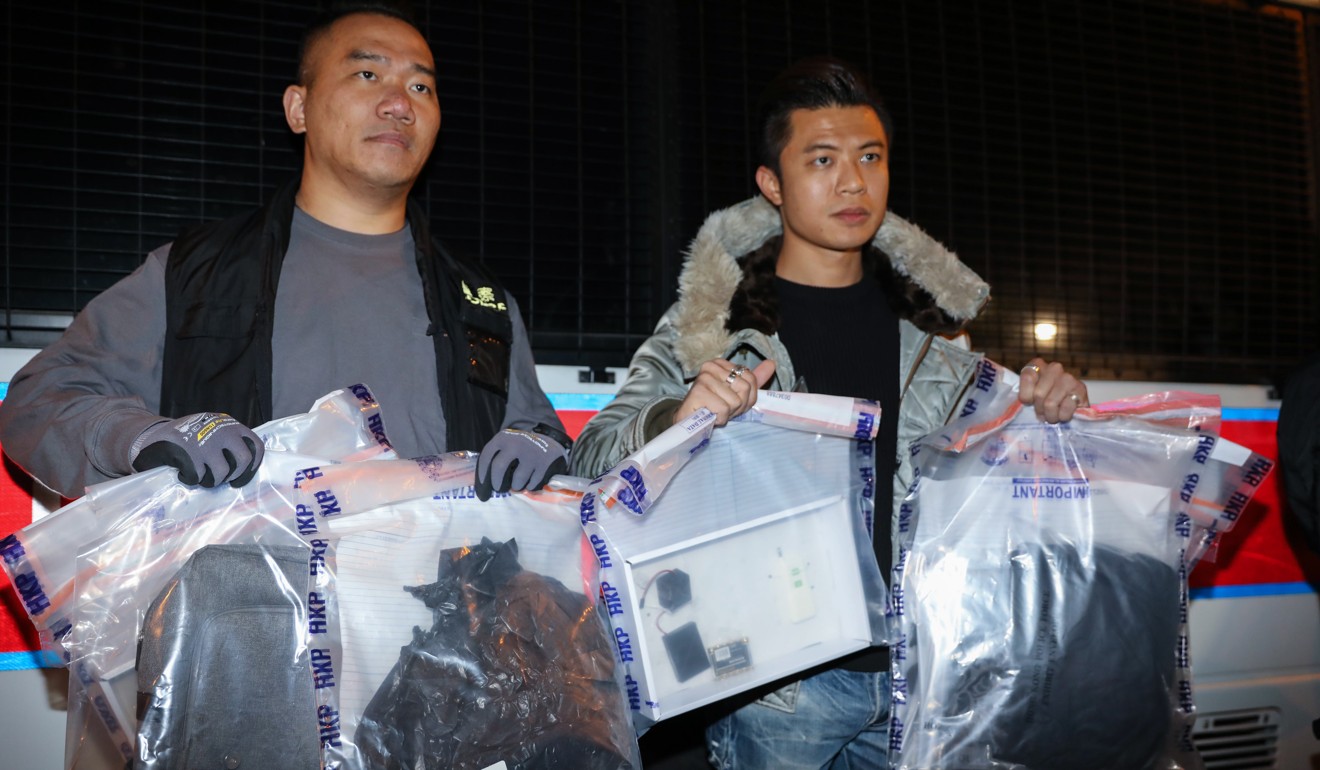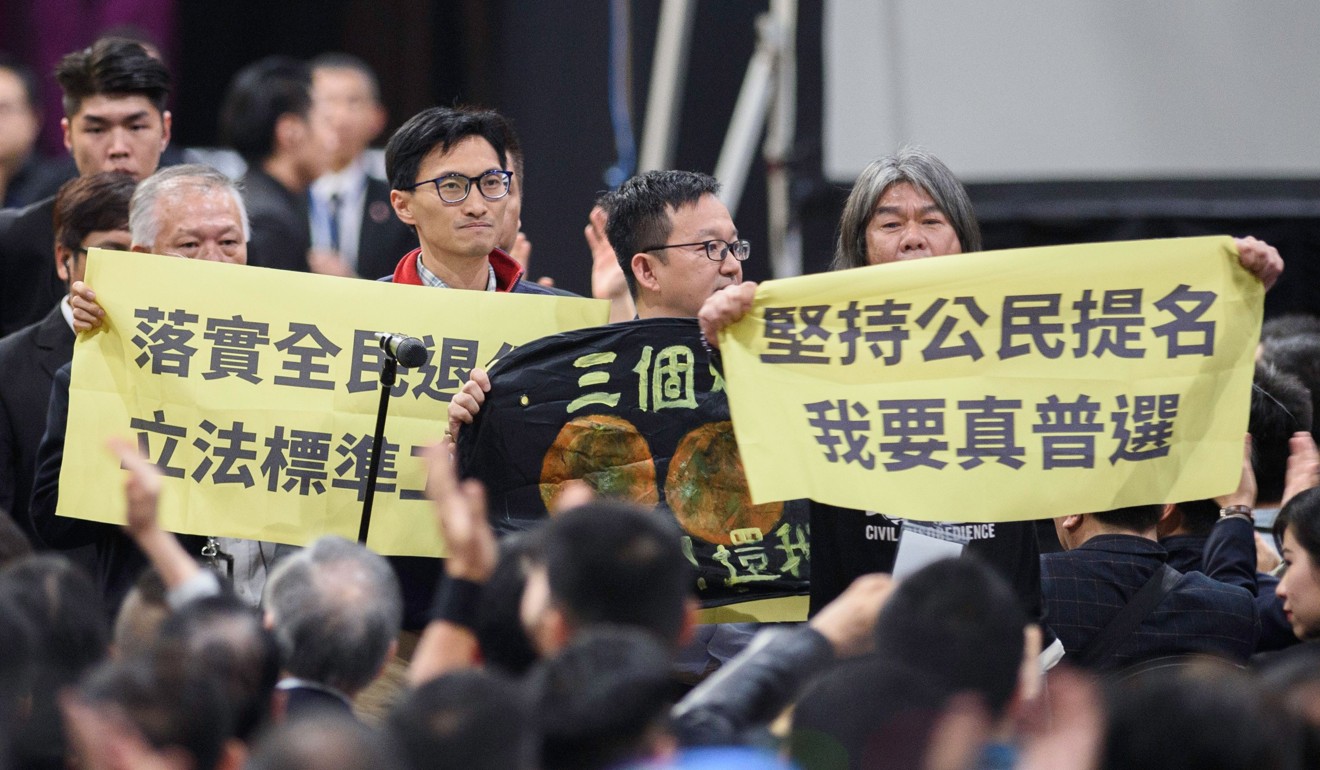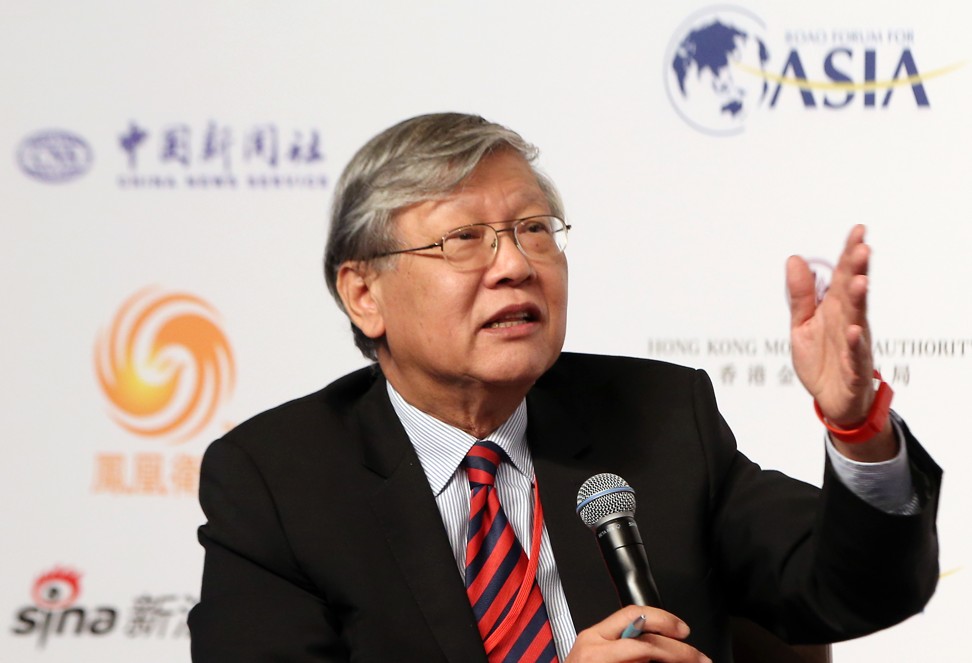
Protests show Carrie Lam should offer her resignation, and Beijing should accept it. But who would ever want her job?
- The present crisis shows Hong Kong needs a new leader, one who respects China and is respected in China. However, this leader must also fight for Hong Kong, and not merely tell Beijing what it wants to hear
Wanted: a bold, honest, imaginative leader to rescue an old, respected business. The enterprise was renowned internationally, but has fallen on hard times under wooden, unimaginative managers.
Interested parties should apply to ... And here’s the rub: where and to whom should anyone with delusions of running Hong Kong apply?
The city’s future looks increasingly problematic. When almost 3 million people voted in district council elections and ejected pro-establishment candidates, hopes soared that this could be an opportunity for a fresh start. Two weeks later, that seems like more wishful thinking.
Sorry Beijing, but Hong Kong will never be more like Macau
Chief Executive Carrie Lam Cheng Yuet-ngor promised to “reflect on” the district election results, but has offered no signs of fresh thinking.

Beijing’s latest salvo at Hong Kong’s courts is its most chilling yet
Let me indulge in some positive wishful thinking: Lam should tell President Xi Jinping that she insists on standing down immediately, and publicly recommends a successor be chosen through a more consultative process.

This would mean dispensing with the farce of election by 1,200 people, but Beijing is reportedly considering a new “consultative” choice. Let the consultations include Hong Kong this time. Lam should point out that Beijing’s record in selecting chief executives has been dismal.
City in protest turmoil going through the five stages of grief
The chief executive must obviously accept that Hong Kong is part of China. Equally important, the person must be respected in Beijing and understand China’s role in the world.
It’s easier to say who should not be the next chief executive. Fellow travellers, and members of China’s consultative bodies, who have cravenly misinformed Beijing with whatever they think China wants to hear, should be excluded. So too should civil servants and tycoons who clamoured for the policies destroying Hong Kong’s economic and social fabric.
The new chief executive’s remit must be wide: repair the immediate damage and get people talking. That means getting to grips with difficult social, economic and political issues, including land, housing and education, the grip of the rich and powerful on decision-making, how to offer a place for democracy in a sophisticated city, and how Hong Kong can best contribute to China.
Lam’s successor is too important to be left to an unholy huddle of power brokers who helped to create Hong Kong’s current mess. Sheng may not thank me for suggesting his name: let him offer an alternative.
Kevin Rafferty lived and worked in Hong Kong for many years and is author of City on the Rocks: Hong Kong’s uncertain future


